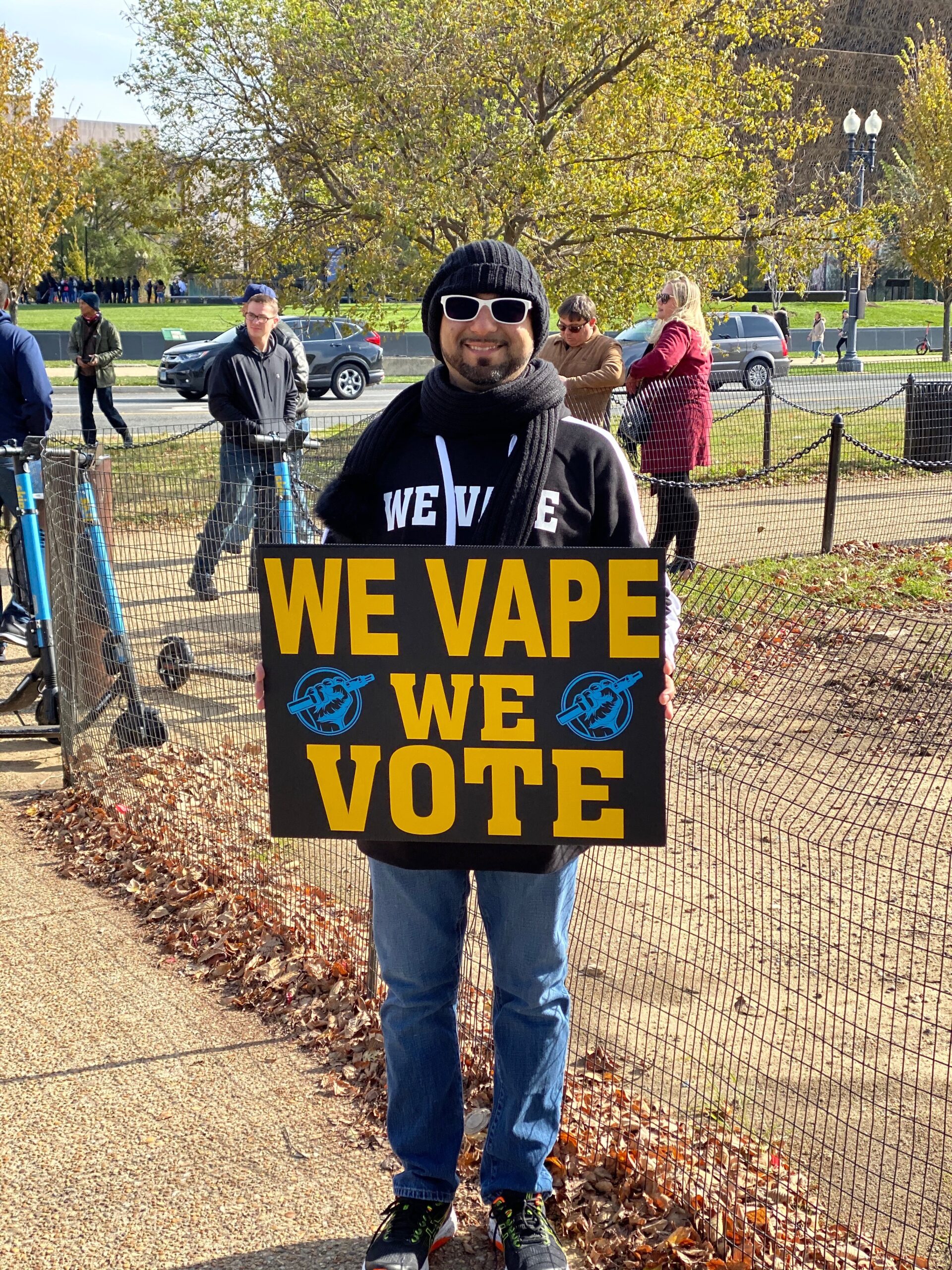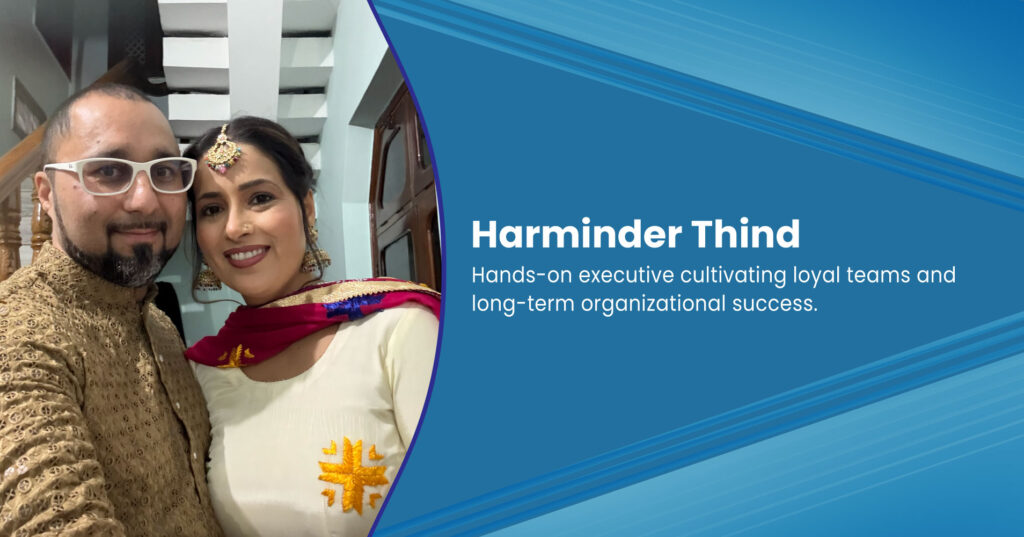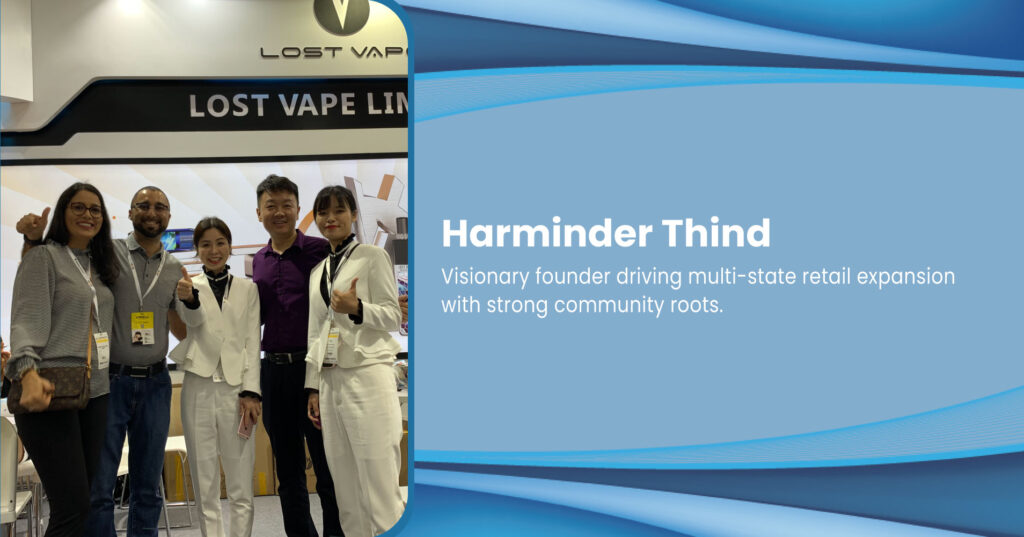About Harminder Thind
Harminder Thind, also known as Hermin Thind, has spent more than two decades building businesses that combine operational discipline with a people-first approach.
Right from his early days running a Subway franchise to taking Vapor Maven on an expansion spree across multiple states, his trajectory has been one of constant discovery, calculated risk, and an uncanny knack at turning adversity into advantage.
But most of all, it’s a testament to what durable entrepreneurship, the kind rooted in its local realities and responsive to its surrounding communities, looks like.
Harminder was born in Punjab, India, in 1980. He and his family moved to Seattle in 1992 when he was just twelve—a shift that imprinted formative values about opportunity, hard work, and self-sufficiency. With high school behind him, Harminder earned an associate degree in computer science from the ITT Technical Institute.
But he aspired to business ownership more than a one-way ticket down the technology track. At nineteen years old, he purchased a Subway franchise and began learning how to manage staff schedules, inventory levels, and customer service expectations.
It was here that Harminder embraced the mindset of being present, quickly solving problems, and modeling what good leadership looks like.
After selling his Subway franchise, Harminder experimented with other businesses. He ran a Dairy Queen and then opened the first Indian restaurant in a small town outside Seattle. In this new venture, he further learned how to balance quality control with adapting products to local tastes and preferences.
When his family moved to Springdale, Arkansas, they bought a small motel. It was a unique kind of business, one that required 24/7 management. During the 2007 recession, occupancy rates dropped significantly, but rather than walking away, Harminder moved his family into the motel and took over operations to keep it going.
This period of intense hardship from his early entrepreneurial career instilled resilience and resourcefulness in him, enabling him to develop strategies that streamlined operations, controlled costs, and focused entirely on the guest experience. This new perspective would later shape how he structures employee incentives and promotion paths in his retail businesses.
By 2014, Harminder had noticed another unmet need in an expanding market—vaping. In June of that year, he opened the first Vapor Maven store, where his vision was to provide a place where customers could connect with quality products, find out about safer alternative lifestyle options than smoking, and receive guidance on their journey. The store emphasized education, fair pricing, and strong product selection.
The business began growing rapidly, eventually expanding into a chain of stores across multiple states. Growing the stores was not the only thing that went at that pace; you had to develop your systems/processes for hiring, training, and operations.
Harminder built those systems by promoting people internally and providing them with the resources to help their teams succeed. This created loyalty among his employees and has since ensured that every store maintains its standard.
Harminder Thind is a hands-on leader. You can find him in the stores talking to staff and listening to customers on an ongoing basis. These visits help him gain an inside view of the employees’ and customers’ preferences for products to keep, change, or replace.
Harminder also keeps up with changes in the industry, attending trade shows, meeting suppliers, and staying updated with new regulations, so Vapor Maven can maintain its competitive edge while also staying compliant.
While Vapor Maven is his primary business, Harminder has steadily expanded into real estate. He owns and manages rental properties and shopping centers in Northwest Arkansas, and he has six luxury short-term rentals.
The real estate business provides another income stream for him as well as an opportunity to invest in the community by turning around underutilized properties and making them attractive to visitors or people who want to live here.
He’s not taking on more than he can handle—he buys, holds onto it long term, makes sure they’re kept up nicely, and constantly considers how each property fits into his larger vision of adding value to that neighborhood.

Portfolio
Harminder Thind



from the blog



